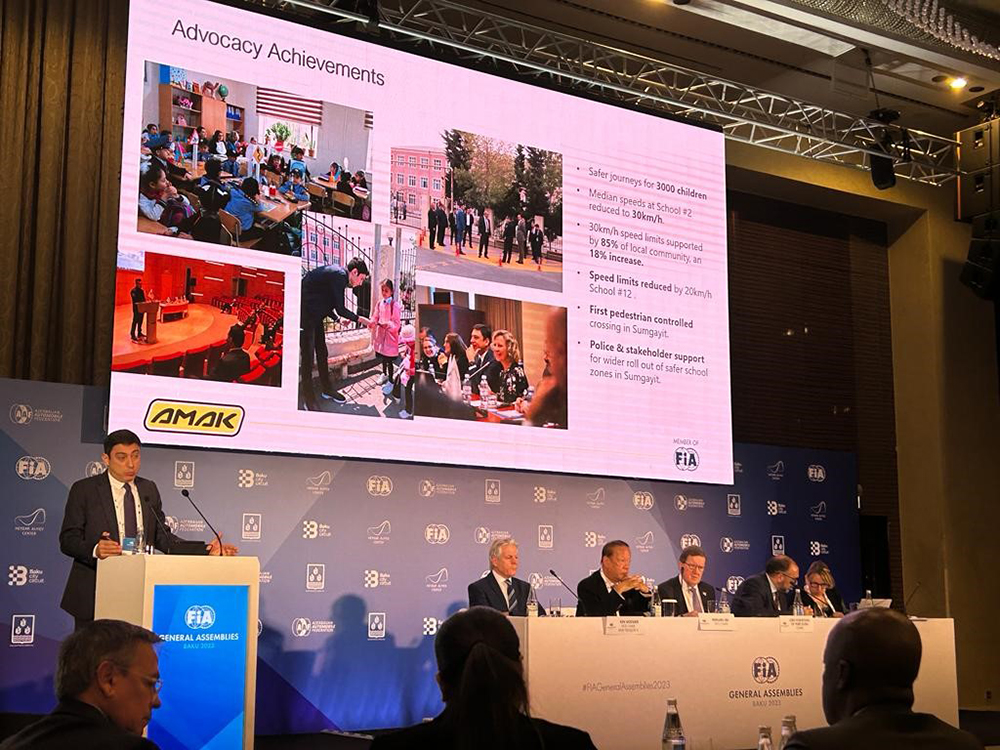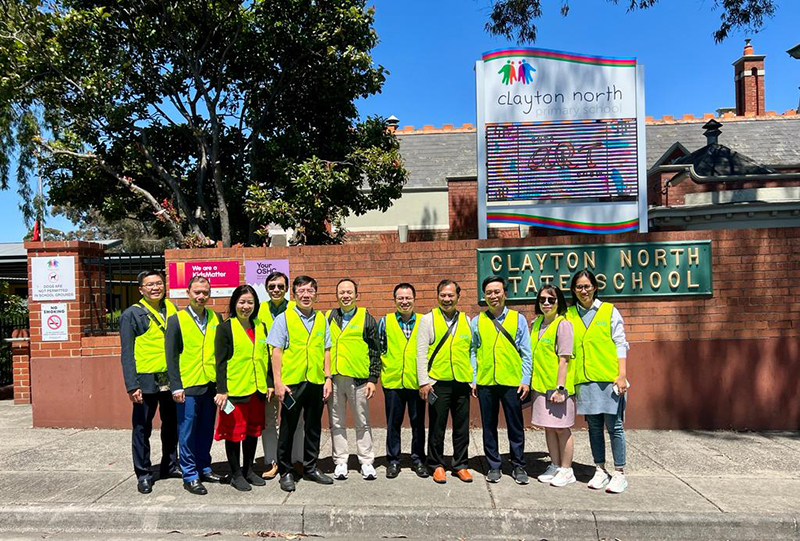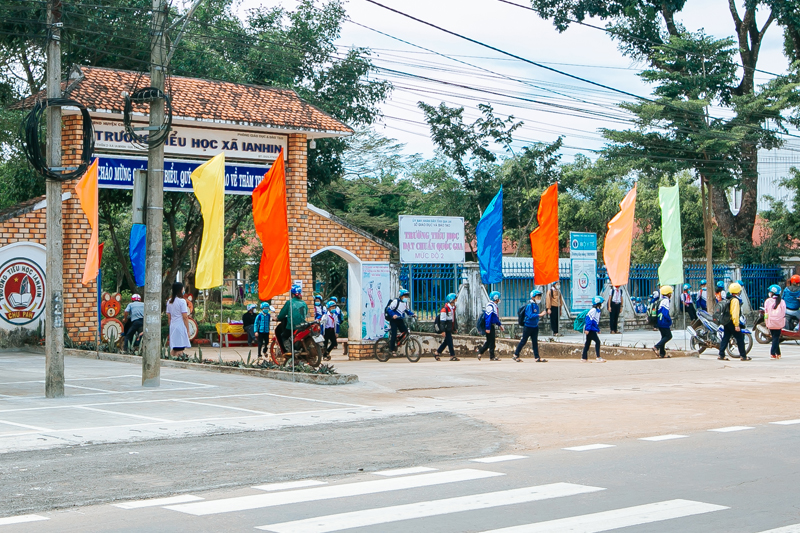Global call to action at London Conference
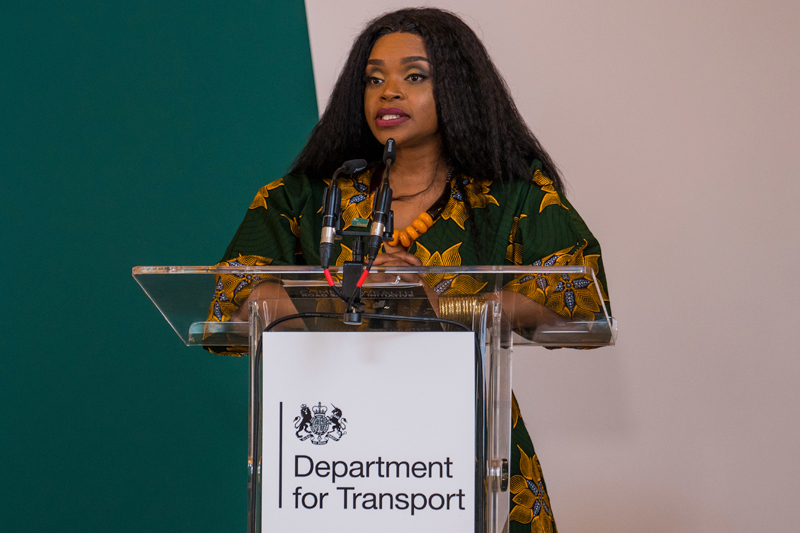
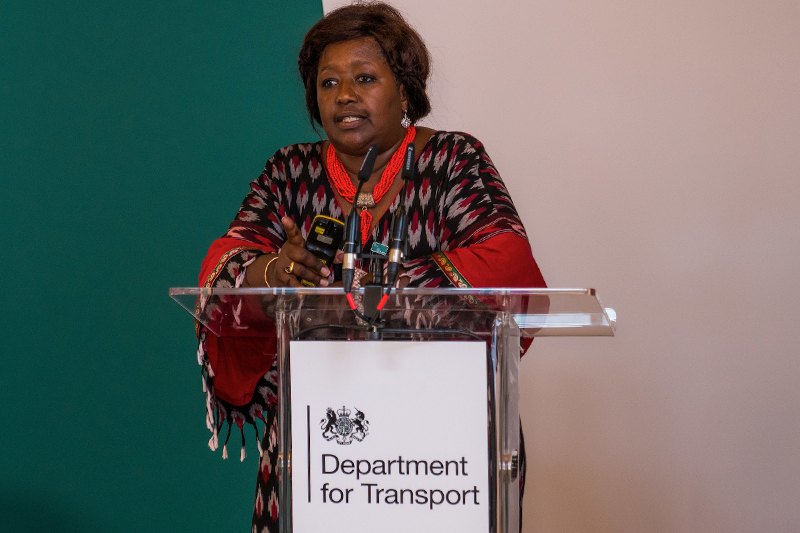
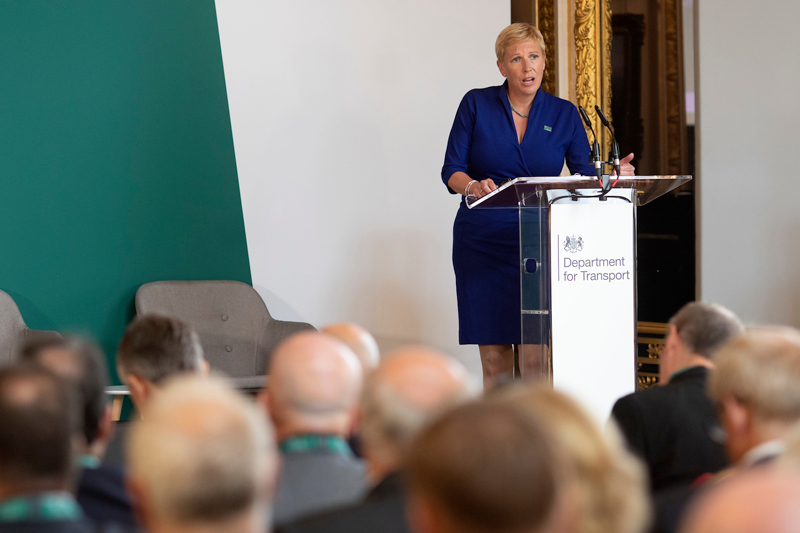
Road safety experts, government officials and private sector delegates from around the world were brought together by the UK Government in an International Road Safety Conference on 3 September in London.
The conference included a focus on vision zero and the safe systems approach to road safety, and looked ahead to the Third Global Ministerial on Road Safety next year in Sweden.
Zoleka Mandela (pictured above) Global Ambassador for the Child Health Initiative, which is convened by the FIA Foundation, made a powerful call for action.
She said: “As a mother who has lost a daughter to road traffic injury, I speak on behalf of millions of victims to say there is still far too little being done to combat this global man-made epidemic.
“The development community has a lot to answer for, especially when billions of dollars are being spent on new roads across developing countries, and rightly so but too little is spent on actually protecting the people who use these very same roads – roads which lack basic safety measures. So, what this means is that if there’s a crash, instead of being protected, you will be punished with a death sentence,” she told delegates.
Zoleka Mandela welcomed the UK Department for International Development’s (DfID) support for the World Bank Global Road Safety Facility but called for more support for “practical implementation that can save lives”. She urged governments and the international community to step up their commitment to road safety ahead of the Sweden Ministerial.
She also called for a new approach prioritising adolescents as road traffic injury is the leading killer of young people globally. “How can road traffic injury not be a priority in the UN Strategy for Women’s Children’s and Adolescent Health. Billions of dollars are spent but barely 1% is set aside for adolescents and an even smaller fraction is allocated to road traffic injury,” she said. She told delegates that a Global Adolescent Summit is needed to ensure that the SDG agenda delivers on these issues.
UN Special Envoy for Road Safety and FIA President Jean Todt addressed the conference in a video. He also called for governments to attend and support the Sweden Ministerial.
On behalf of the World Health Organization, Etienne Krug, Director, WHO Department for Social Determinants of Health, had earlier highlighted data from the latest Global Status Report on Road Safety showing that in many countries much action is still needed on road traffic injury which accounts for 1.35 million fatalities each year and is the leading killer of young people aged 5-29.
The Swedish Government’s coordinator for the Ministerial Anders Lie, Special Adviser at the Swedish Ministry of Infrastructure said that a new approach is needed for road safety globally. “Road safety is in fact part of all of the Sustainable Development Goals,” he said. “There are examples where cities have placed pedestrians, young people and vulnerable road users at the top of their priorities in policy making and urban design. It is this kind of approach that is needed.”
Professor Agnes Binagwaho, Co-Chair of the Expert Panel of the Commonwealth Road Safety Initiative joined the call for action. “The fact that this is the leading killer of youth is unacceptable. We want change and we must alert the heads of government that they need to act. We know exactly where the dangerous roads are and what to do. The time for excuses is over.”





